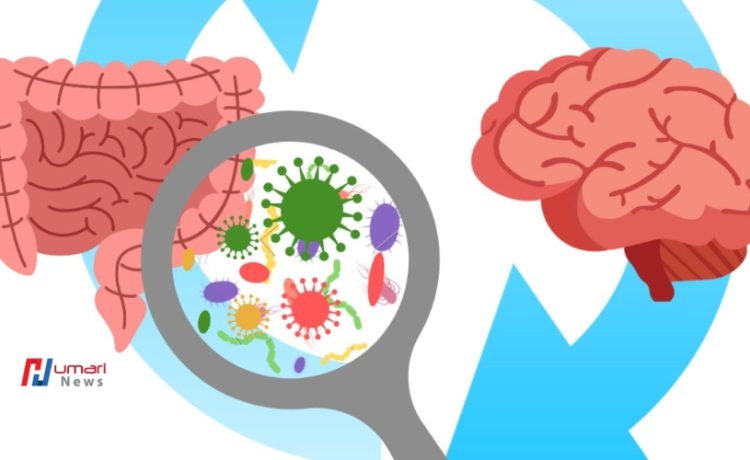As of late the scientists have brought out a mind-boggling response between gut health and mood. Such a link, which is almost invariably called the gut-brain axis, seems to speak of a rather essential role of our gut in maintenance of our mental stability. The idea strikes one as odd at the beginning, but new insights reveal that keeping good bacteria in our colons might probably help to improve mood and mental health in a general way. Let’s go in farther to this captivating relationship and scrutinize whether eating habits may really cast an influence on our mood.
Understanding the Gut-Brain Axis:
Literally, the term gut-brain axis stands for bio-active molecules transferring to and fro between gut and the brain. This complex network includes parallel pathways with the nervous system, the immune system, and the endocrine system amongst them. Living along the length of the digestive tract, trillions of microscopic organisms form what is commonly known as the gut microbiota.
They take part in disease control, which includes preserving the status of the intestines and of the immune system by keeping them down. Recent studies have demonstrated that the role of these microbes may not be limited to simply changing the equilibrium of the gut but also the production of neurotransmitters and signaling molecules which affect the brain and behavior.
The Impact of Microflora in Your GI Tract on Emotional Balance
One of the important mechanisms in which the state of the gut may influence the mood is brain chemicals production including serotonin and dopamine. Serotonin, which is often termed ‘the’ -pleasure hormone’, is vital in mood, sleep and appetite regulation.
While it may sound surprising that the majority of serotonin in the body is generated by enterochromaffin cells, a kind of specialized cell, which are present in the gut, this is indeed true. As for the other neurotransmitters, like dopamine, which is associated with pleasurable and rewarding feelings, the gut also produces this and it also contributes to how you feel and behave.
The Impact of Gut Dysbiosis on Mental Health
In dysbiosis, which is known as a disruption caused by the gut’s microbes’ balance, mental health disorders ranging from depression to stress and anxiety have been associated.
Various influences such as food, stress, medication, factors of environment monitoring the structure and variety of the gut microbiota can result in dysbiosis and mood, behavior change depending on these alterations.
On the contrary, approaches that are focused on returning the normal function of the gut like probiotics , probiotics and diet modifications have been claimed to be effective for cases of anxiety and depression.
Sit back, relax, and take a deep breath!
Thus, it begs the question: what can be done to keep a happy gut alive and raise the odds of you feeling happier too? Here are some practical strategies to consider:Here are some practical strategies to consider:
1. Eat a Balanced Diet: Target healthy, nutrients-dense like fruits, vegetables, whole grains, and sources of lean protein. If incorporating fermented foods such as yogurt, kefir, sauerkraut and kimchi is possible, all these have many good probiotics which are useful for a person’s stomach health.
2. Manage Stress: Chronic stress may play a role in the microbiome-associated-gut (MAGA) and microbiome imbalance. Do mindfulness meditation, deep breath exercise, yoga, or just simply going to a place surrounded by nature which will give a positive effect in the reduction of stress.
3. Get Regular Exercise: Numerous studies have indicated that physical exercise could be correlating with bettering the gut health as well as mood. A proposed option is a range of 30 minutes of moderate-intensity exercise on, of course, most days of the week.
4. Consider Probiotic Supplements: If digestive complaints or mood disruption are interfering with your well-being, please do not hesitate to talk to your healthcare provider about whether probiotics may be useful for you.
Summing up, it appears that gastrointestinal-brain dynamics is a new line of research which contends that the gut is an integral part of regulating the emotional range and mental fitness. Even though we need further research to elucidate how cell communication takes place within the gut-brain axis, there is growing evidence that supports the idea that a healthy gut through diet, lifestyle, and targeted interventions may have much broader benefits towards mental health. By being mindful of your digestive system and opting for strategies that can lead to its well-being, you might as well form a support system for your gut which in turn will help improve your mood and promote a healthy lifestyle.







